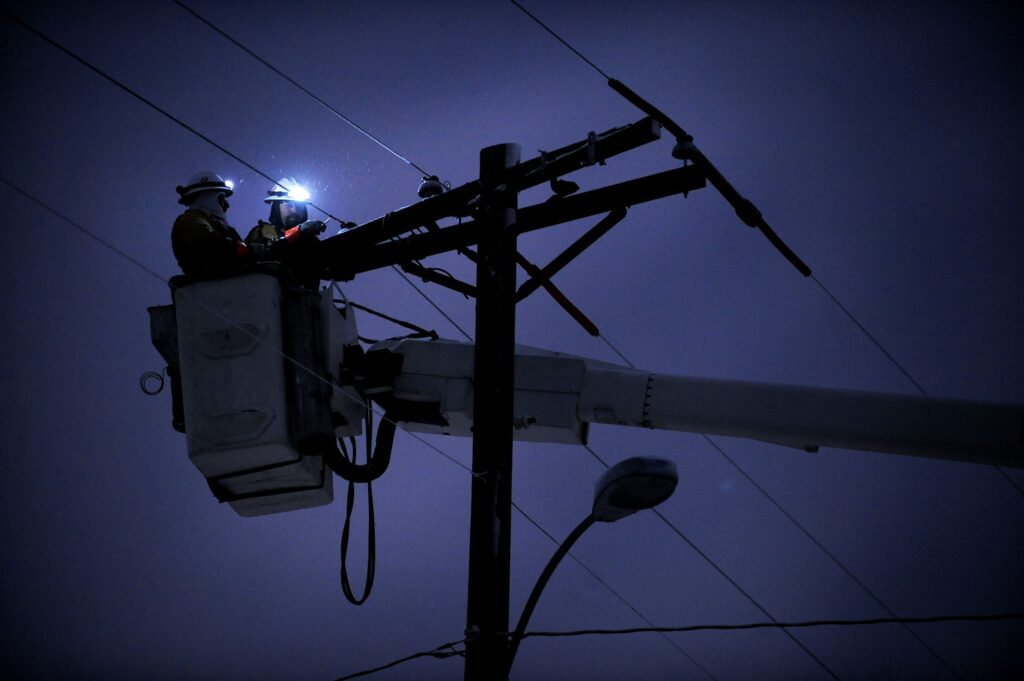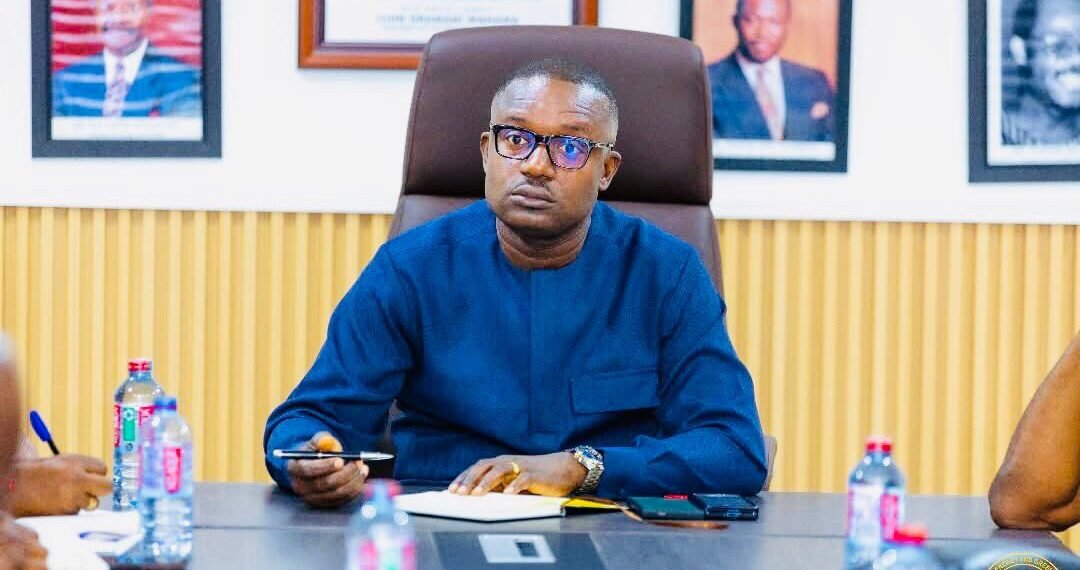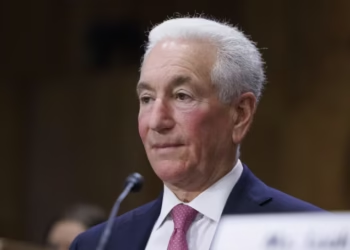Ghana is teetering on the brink of energy crisis as Karpowership, one of the country’s major power suppliers, has issued a seven-day ultimatum to shut down operations due to outstanding debt, according to Minister for Energy and Green Transition, John Abdulai Jinapor.
The shutdown threat could result in widespread power outages, exacerbating an already fragile electricity supply system. The Minister disclosed that the government inherited a staggering $1.7 billion debt in the energy sector, comprising arrears owed to key power producers including Karpowership, Asogli Power, and SEND Power.
“I received a letter from Karpowership, and they have threatened to shut down the plant in seven days due to the unpaid bills we inherited.”
Hon. John Jinapor, Minister for Energy and Green Transition
Hon. Jinapor elaborated on the breakdown of the debt portfolio, stating that $297 million is owed to Asogli, $220 million to SNIT, $423 million to SEND Power, and $371 million to Karpowership. Together, these arrears have become a major financial burden.
The Minister warned of severe consequences should the government fail to address the crisis. “If the crisis is not resolved soon, the country’s power sector could collapse entirely,” he cautioned, describing the gravity of the situation.
In response to the impending shutdown, the government has initiated negotiations with the Ministry of Finance to secure emergency funds.
Partial payments have also been made to some energy suppliers in an effort to buy time and prevent further disruptions.
“So far, we have paid approximately $30 million.
“Karpowership has been made a priority, and we have also paid some outstanding amounts to WAPCo.”
Hon. John Jinapor, Minister for Energy and Green Transition

However, these measures are proving insufficient to alleviate the financial strain. The crisis has compelled the government to draw on international guarantees intended to secure the energy sector.
For instance, the World Bank’s $500 million guarantee for Ghana’s energy sector has been significantly reduced to $50 million, a move that occurred before the current administration took office.
The dire financial situation has forced Ghana to resort to selling its oil reserves, which were originally intended to generate revenue for economic development, to repay mounting debts.
Hon. Jinapor confirmed that a guarantee agreement with Litasco, valued at $170 million, had been drawn down.
He noted, “The oil that would have been sold to support the economy had to be taken in order to repay the debts,” adding that the oil proceeds were used to settle arrears to energy creditors.
Power Infrastructure Deficit

Beyond the immediate cash crisis, Hon. Jinapor stressed the structural weaknesses that continue to burden the energy sector. He identified the urgent need for a new gas processing plant with an estimated cost of $700 million.
“We need this gas processing plant like yesterday. We will fund it with domestic resources, and every discerning Ghanaian should support this initiative.”
Hon. John Jinapor, Minister for Energy and Green Transition
The gas plant, he emphasized, is vital for reducing the cost of power generation and enhancing energy reliability.
Looking ahead, Hon. Jinapor laid out a two-year plan to clear the backlog in energy infrastructure and stabilize the sector.
While some operational processes like pre-commissioning may take longer, the government aims to expedite implementation through a combination of domestic funding and public-private partnerships.

“We’ve completed the committee work. Our timeline is just two years, and within that period, we should be able to clear the infrastructure backlog.”
Hon. John Jinapor, Minister for Energy and Green Transition
Despite the scale of the crisis, Hon. Jinapor expressed cautious optimism, stating that the government now has a clearer grasp of the challenges and is prepared to take decisive steps.
“We’ve completed the first quarter of the year, and we now have a full understanding of the challenges we face.
“To settle these debts, we have to use our oil. It’s a service that someone paid for, and to pay it off, we have no choice but to use what we have.”
Hon. John Jinapor, Minister for Energy and Green Transition
The looming shutdown by Karpowership underscores the urgency of resolving legacy debts and restructuring energy financing.
While short-term payments may prevent immediate blackouts, sustainable reform will depend on long-term investments, improved infrastructure, and transparent governance.
READ ALSO: Mahama Promises Revamp of Tema Oil Refinery Through PPP



















